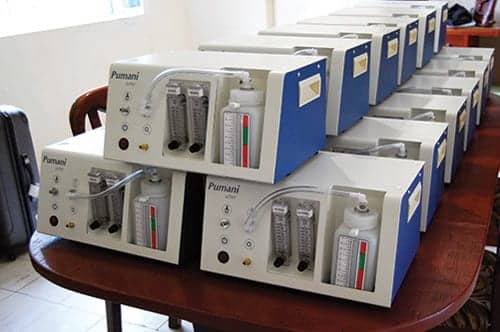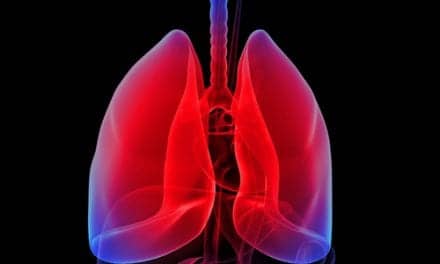Malawi has one of the highest rates of preterm birth in the world. Nearly 1 in 5 babies are born before 37 weeks of gestation. Globally, complications of prematurity, such as difficulty in feeding, breathing and regulating body temperature, are the single largest cause of neonatal death. In order to survive, these babies need specialized care and equipment—resources most developing countries do not have.
Engineering students at Rice University in Texas, USA, were able to design the solution—a low-cost bubble CPAP device called Pumani, which means “breathe” in the Malawian language of Chichewa. And it’s working. Since 2006, more than 1000 babies’ lives have been saved.
“Before CPAP we found that, if we couldn’t give any breathing support, mortality was high. By giving CPAP to babies who needed the support, survival rates improved in premature babies with breathing difficulties from 24% to 67%,” says Norman Lufesi, Head of the Acute Respiratory Infection Unit, Malawi Ministry of Health.










